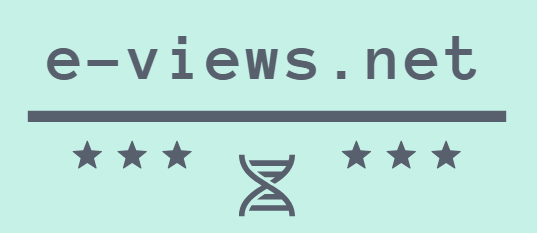You're probably aware that on-page SEO is crucial for boosting your website's visibility, but do you know where to start? Understanding the top three tips can make all the difference. First, consider how optimizing your meta tags can influence search engine rankings. Then, think about enhancing your content quality to engage your audience effectively. Lastly, don't underestimate the power of internal linking for guiding visitors through your site. Each of these strategies plays a unique role in strengthening your online presence. Curious about how to implement these tips effectively? There's more to explore.
Optimize Meta Tags
How often do you consider the power of meta tags in your SEO strategy? If you haven't, it's time to rethink. Meta tags are crucial elements that search engines use to understand your page's content. By optimizing them, you can significantly improve your website's click-through rate and visibility.
Start with the title tag, as it's the first thing users see in search results. Keep it under 60 characters to ensure it's fully visible, and include primary keywords to attract targeted traffic.
Next, focus on the meta description. While it doesn't directly impact search rankings, a compelling meta description can boost your click-through rate. Aim for a concise summary within 155 characters, and incorporate enticing language and relevant keywords.
Don't overlook the importance of header tags (H1, H2, etc.). These not only structure your content for readers but also help search engines grasp the main topics of your webpage. Use your main keyword in the H1 tag and secondary keywords in H2s and H3s for better optimization.
Regularly update and optimize your meta tags based on keyword performance data. This proactive approach ensures your content remains relevant and helps maintain a competitive edge in search rankings.
Enhance Content Quality
To truly elevate your on-page SEO strategy, enhancing content quality is paramount. High-quality content not only attracts users but also satisfies search engine algorithms, which prioritize relevance and authority.
Start by conducting thorough keyword research to uncover what your audience is searching for. Utilize tools like Google Keyword Planner or SEMrush to identify high-volume, low-competition keywords. Incorporate these strategically throughout your content without keyword stuffing.
Ensure your content is comprehensive and well-structured. Break it down into digestible sections using headers and subheaders with relevant keywords. This not only improves readability but also helps search engines understand your content's hierarchy.
Include data-driven insights, statistics, and case studies to add credibility and depth to your content, making it more engaging and shareable.
Don't forget to focus on readability. Use short paragraphs, bullet points, and simple language to retain your audience's attention. Aim for a Flesch Reading Ease score of 60-70, which ensures your content is clear and accessible.
Improve Internal Linking

Ever wondered why internal linking is crucial for on-page SEO? It's all about improving site structure, boosting page authority, and enhancing user experience.
Internal links guide visitors through your content, keeping them engaged and reducing bounce rates. Search engines love this because it helps them crawl your site more effectively, indexing more pages and increasing your chances of ranking higher.
To optimize your internal linking strategy, focus on keyword-rich anchor texts. This tells search engines what each linked page is about, improving keyword relevance. Data shows that pages with strategic internal links can see up to a 40% increase in organic traffic. So, don't underestimate the power of linking related articles or cornerstone content within your site.
Next, prioritize the user journey. Ensure that each link adds value and context. Organize your content logically, making it easy for visitors to find related topics.
You'll boost engagement and encourage users to explore more pages. Regularly update and audit your links to avoid broken paths, as these can harm both user experience and SEO performance.


Leave a Reply